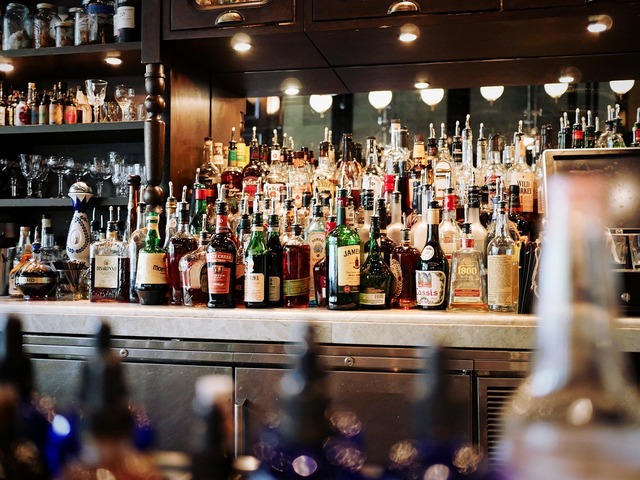Even With Wisconsin's Drinking Reputation, More Bars Offering Nonalcoholic Options
Tuesday, September 2nd, 2025 -- 1:01 PM

(Joe Schulz, Wisconsin Public Radio) Fox River House brands itself as “Appleton’s oldest saloon,” but the bar has offered a growing selection of nonalcoholic options in recent years.
According to Joe Schulz with the Wisconsin Public Radio, Cassidy Evers, one of the bar’s co-owners, said it has an entire shelf in its cooler that is completely alcohol free, from nonalcoholic craft beers to THC drinks.
And she said the bartenders are happy to mix a mocktail, as well. While Appleton routinely ranks among America’s drunkest cities, she said the nonalcoholic options help make sure those coming to the bar to hang out with friends or enjoy live music feel comfortable and don’t feel pressured to drink.
“A lot of people that choose not to drink think they can’t participate in the bar and go to shows and be in that bar environment without drinking,” Evers said. “But there’s actually a huge culture that has pushed towards still going and knowing that they don’t have to (drink), and not feeling the pressure to participate in alcohol.”
And Fox River House isn’t the only place seeing that trend. A new Gallup poll shows the share of adults in the United States who say they drink alcohol has fallen to its lowest point in the nearly 90 years.
In 2025, 54 percent of Americans reported drinking alcohol, down from 58 percent in 2024, 62 percent in 2023 and 67 percent in 2022. According to Gallup, a majority of Americans, 53 percent, now say moderate alcohol consumption is bad for your health.
That’s up from 45 percent in 2024 and 39 percent in 2023. There are some signs that Wisconsin has experienced a similar trend. Roughly 70 percent of Wisconsinites drank alcohol as of 2005.
That was down to 66 percent in 2013 and 61 percent in 2023, according to data from Trace One, a food and beverage software company. Mark Jefferson, executive director of the Tavern League of Wisconsin, said bars across the state are adapting with the times.
He said establishments are serving more food, offering more nonalcoholic drink options and leaning into opportunities to offer recreational opportunities, like sponsoring leagues for softball, darts or horseshoes.
“It’s important for our taverns to adapt and continue to be a part of the fabric of the state because they provide a lot of color, a lot of character, and that outlet from the social media and the other things that are going on out there that really have a tendency to divide us,” he said. “This is one of the few things left that really pulls us together.”
Feel free to contact us with questions and/or comments.




